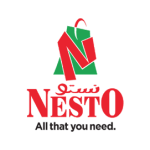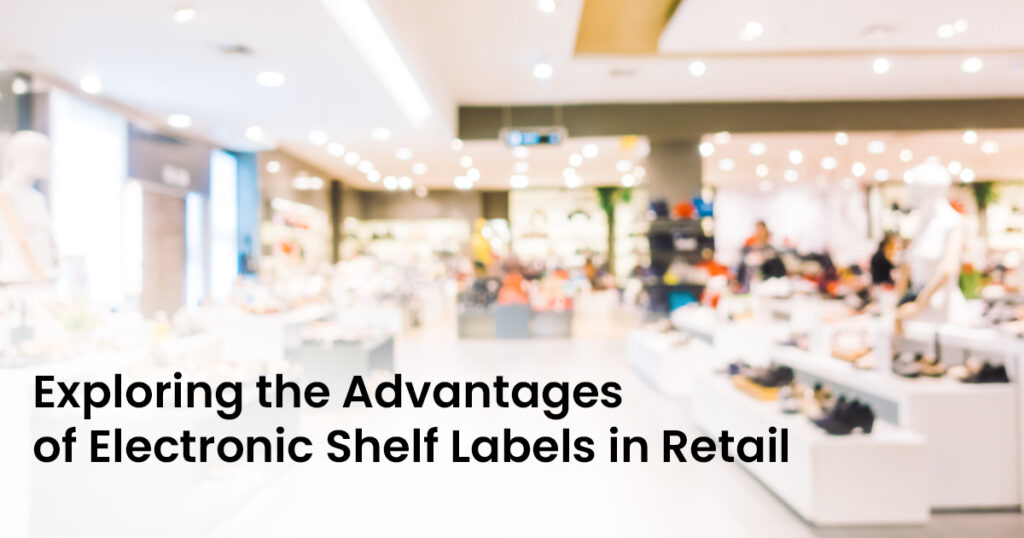In the world of retail, staying competitive and providing an exceptional customer experience is crucial. One innovative technology that has transformed the retail landscape is Electronic Shelf Labels (ESL). These digital price tags are replacing traditional paper labels, offering numerous benefits to retailers and enhancing the overall shopping experience. In this blog post, we will delve into the concept of Electronic Shelf Labels, discuss their benefits, examine the market, and explore their impact on the retail industry.
Understanding Electronic Shelf Labels (ESL):
Electronic Shelf Labels, also known as digital price tags or electronic price tags, are battery-powered devices that display pricing, product information, and other relevant details on store shelves. These labels utilize electronic ink technology, similar to e-readers, to display information clearly and legibly. ESLs are usually connected to a central management system, enabling retailers to update pricing and product information in real time.
Benefits of Electronic Shelf Labels:
Real-Time Pricing Updates:
One of the significant advantages of ESLs is the ability to update prices instantly. With traditional paper labels, updating prices can be time-consuming and prone to errors. However, with ESL, retailers can make price changes centrally and synchronize them across all shelves, ensuring consistency and accuracy throughout the store.
Improved Efficiency and Cost Savings:
ESLs eliminate the need for manual price updates and price checks by store employees. This automation leads to increased operational efficiency and significant cost savings. Retailers can allocate their staff’s time to other important tasks, such as providing personalized customer service or focusing on merchandising.
Dynamic Pricing and Promotions:
ESLs enable retailers to implement dynamic pricing strategies effortlessly. They can easily adjust prices based on factors such as time of day, demand, inventory levels, or promotional campaigns. This flexibility allows retailers to optimize pricing strategies, respond quickly to market changes, and run targeted promotions.
Enhanced Customer Experience:
By displaying accurate and up-to-date pricing information, ESLs help eliminate pricing discrepancies between the shelf and the point of sale. This enhances customer trust and reduces potential conflicts or confusion during checkout. ESLs also allow retailers to display additional product information, such as ingredients, nutritional facts, or product reviews, improving the overall shopping experience.
Reduced Environmental Impact:
Replacing traditional paper labels with electronic shelf labels promotes sustainability. ESLs eliminate the paper waste generated by frequent label changes, reducing the environmental footprint of retail operations.
Electronic Shelf Labels Manufacturers:
The market for electronic shelf labels has experienced significant growth in recent years, leading to the emergence of several prominent manufacturers. Some well-known ESL manufacturers include:
Price: Price is a leading global provider of electronic shelf-label solutions, offering a wide range of ESL products and software for retail applications.
SES-image tag: SES-image tag is another major player in the ESL market, providing a variety of electronic shelf-label solutions and comprehensive software platforms.
Displaydata: Displaydata is known for its innovative ESL technology and offers solutions designed to enhance the in-store shopping experience.
Electronic Shelf Label Market:
The electronic shelf label market has witnessed substantial growth due to the numerous benefits and increasing adoption of ESLs in the retail industry. Factors driving market growth include the need for operational efficiency, cost reduction, and the rising trend of digitization in retail stores. The market is expected to continue its upward trajectory as retailers recognize the advantages of ESLs and invest in this technology to stay competitive.
Electronic Shelf Labels in Retail:
ESLs are widely used in various retail sectors, including grocery stores, supermarkets, electronics stores, and fashion retailers. The ability to update prices in real-time, improve pricing accuracy, and enhance the customer experience.






